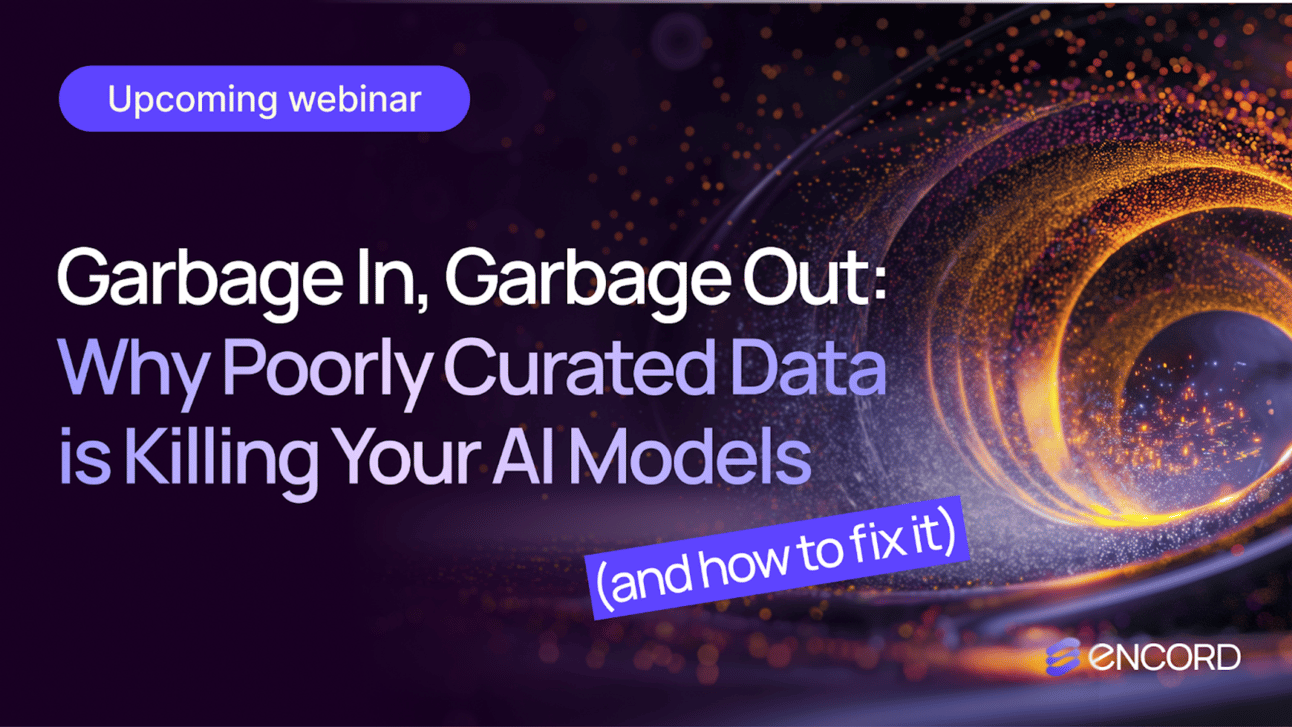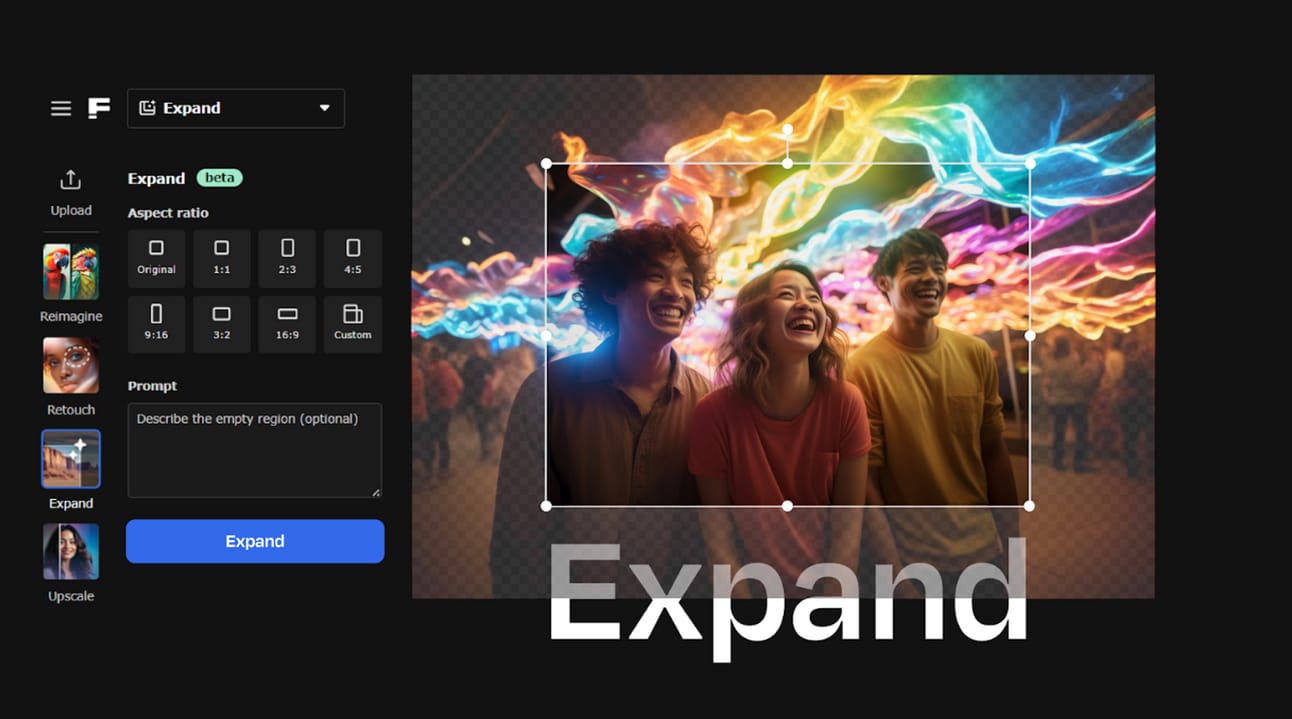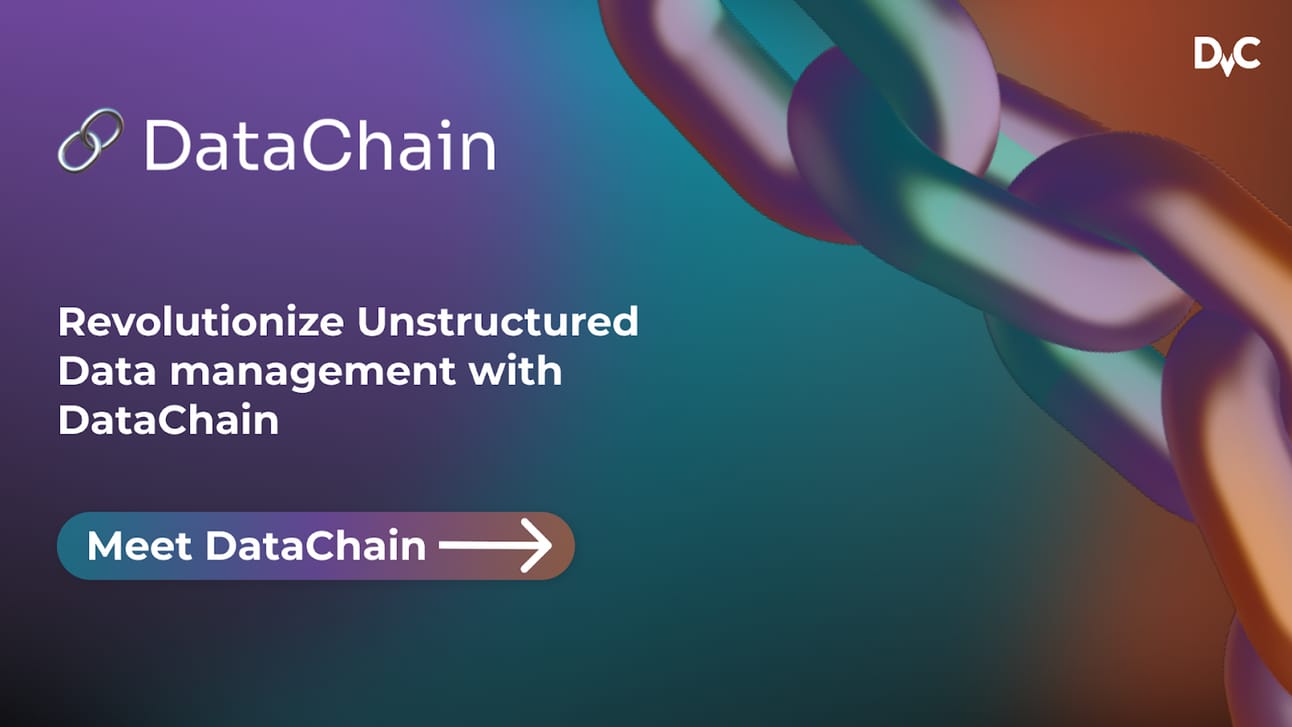Sign Up | Advertise | Tools | AI University
Welcome, AI enthusiasts.
Elon Musk’s AI startup, xAI, only announced its inception just over a year ago — and now they’re firing up 100k GPUs to create the "world's most powerful AI" by December.
s xAI seriously about to become a top competitor in the AI race, or is this just another moonshot? Let's investigate…
In today’s AI rundown:
The "world's most powerful" supercomputer
Google’s AI-powered weather model
Transform images in seconds with Freepik Expand
MIT's AI identifies breast cancer risk
6 new AI tools & 4 new AI jobs
More AI & tech news
Read time: 4 minutes
LATEST DEVELOPMENTS
XAI

Image source: xAI via X
The Rundown: Elon Musk and xAI just announced the Memphis Supercluster — “the most powerful AI training cluster in the world“, also revealing that Grok 3.0 is planned to be released in December and should be the most powerful AI in the world.
The details:
Musk tweeted that xAI just launched the "Memphis Supercluster," using 100,000 Nvidia H100 GPUs, making it "the most powerful AI training cluster in the world."
The xAI founder also revealed that Grok 2.0 is done training and will be released soon.
The supercluster aims to create the "world's most powerful AI by every metric", Grok 3.0, by December 2024.
In a separate tweet yesterday, Musk also revealed that Tesla plans to have humanoid robots in "low production" for internal use next year.
Why it matters: Love him or hate him, the speed at which Elon and the team at xAI operate has been wild to witness. If estimates are accurate, xAI might be on track to create the most powerful AI systems in the world by year's end — solidifying its position as one of the top competitors in the space and not just another AI startup.
TOGETHER WITH ENCORD
The Rundown: Is poor data quality secretly sabotaging your AI projects? Encord’s latest webinar reveals how to make simple changes to your data pipeline for breakthrough model performance.
Discover how to:
Surface the most relevant data for your specific AI needs
Automate the tedious process of dataset cleaning
Apply industry-tested best practices to real-world AI challenges.
Don’t let poor data ruin your AI models – join the webinar and unlock the full potential of your AI products.
GOOGLE AI

Image source: Google Research
The Rundown: Google researchers have developed a new AI-powered weather and climate model called ‘NeuralGCM’ by combining methods of machine learning and neural networks with traditional physics-based modeling.
The details:
NeuralGCM has proven more accurate than purely machine learning-based models for 1-10 day forecasts and top extended-range models.
NeuralGCM is up to 100,000 times more efficient than other models for simulating the atmosphere.
The model is open-source and can run relatively quickly on a laptop, unlike traditional models that require supercomputers.
Why it matters: At up to 100,000 times more efficient than traditional models — NeuralGCM could dramatically enhance our ability to simulate complex climate scenarios quickly and accurately. While still a ton of adoption challenges ahead, it’s a big leap forward for more informed climate action and resilience planning.
AI TRAINING
The Rundown: Freepik Expand allows users to seamlessly adapt images when zooming or resizing by filling the gaps with AI.
Step-by-step:
Head over to Freepik and upload any image.
Choose an aspect ratio and adjust on the canvas.
Add a prompt for custom fills, hit “Expand” and select your favorite generated image.
Enhance your image with Freepik’s AI tools: Upscaler for sharper details, Retouch for edits, and Reimagine for variations.
P.S. You can use the code EXPAND for a free Premium trial, exclusive to the 100 first Rundown readers.
PRESENTED BY DATACHAIN
The Rundown: DataChain is a new open-source tool designed to address the challenges of managing unstructured data in AI projects — providing a framework for developers to handle complex datasets more efficiently.
DataChain offers features for:
Sourcing, curating, and versioning data from cloud locations at scale
Integrating metadata from JSON, parquet, and CSV sources
Accelerating AI model inferences through parallelization
Simplifying AI output management with Python integration
Ready to supercharge your data workflow? Try DataChain out here and star the repo today!
AI RESEARCH

Image source: Health & Pharma
The Rundown: Researchers from MIT and ETH Zurich have developed an AI model that can identify different stages of ductal carcinoma in situ (DCIS), a type of preinvasive breast tumor, using simple tissue images.
The details:
The model analyzes chromatin images from 560 tissue samples (122 patients), identifying 8 distinct cell states across DCIS stages.
It considers both cellular composition and spatial arrangement, revealing that tissue organization is crucial in predicting disease progression.
Surprisingly, cell states associated with invasive cancer were detected even in seemingly normal tissue.
Why it matters: This AI model could democratize advanced breast cancer diagnostics, offering a cheaper, faster way to assess DCIS risk. While clinical validation is still needed, AI is likely going to work hand-in-hand with pathologists in the near future to catch cancer earlier and more accurately.
NEW TOOLS & JOBS
🧠 Supermemory - An open-sourced personal second brain
🍳 Food Mood - Get recipe inspiration by blending two cuisines
🎓 Educato - Build an online teaching platform with AI
🎬 Vozo Rewrite & Redub - Transform viral videos into new stories from prompts
🎨 UltraPixel - Generate up to 4096x4096 px ultra high resolution images
🏰 Rodin Gen-1 3D ControlNets - Generate 3D models from a structure reference
🧠 Meta - Research Scientist, Computer Vision (PhD)
📈 Metropolis - Director, Technical Sales
📊 Writer - Data Analyst
Lambda - Machine Learning Researcher
QUICK HITS
NVIDIA is reportedly working on a version of its new flagship AI chips for the Chinese market that would be compatible with the restrictions around current U.S. export controls.
Elon Musk revealed in a tweet that Tesla will have humanoid robots working internally next year at Tesla, with high production for other companies expected in 2026.
Cohere announced a new funding round of $500M from investors including Cisco, AMD, and Fujitsu, bringing its new valuation to a whopping $5.5B.
The Monetary Authority of Singapore committed $74.3M to support financial institutions in building capabilities towards quantum computing and artificial intelligence.
Scaled Foundations, a research company building ‘General Robot Intelligence’, announced GRID Beta, a free and cloud-based IDE to develop AI for robots.
Disney Research published a new paper on its famous bipedal robots, explaining the system that combines expressive motions and dynamic mobility to make the robots particularly lifelike.
THAT’S A WRAP
SPONSOR US
Get your product in front of over 600k+ AI enthusiasts
Our newsletter is read by thousands of tech professionals, investors, engineers, managers, and business owners around the world. Get in touch today.
FEEDBACK
How would you rate today's newsletter?
If you have specific feedback or anything interesting you’d like to share, please let us know by replying to this email.





